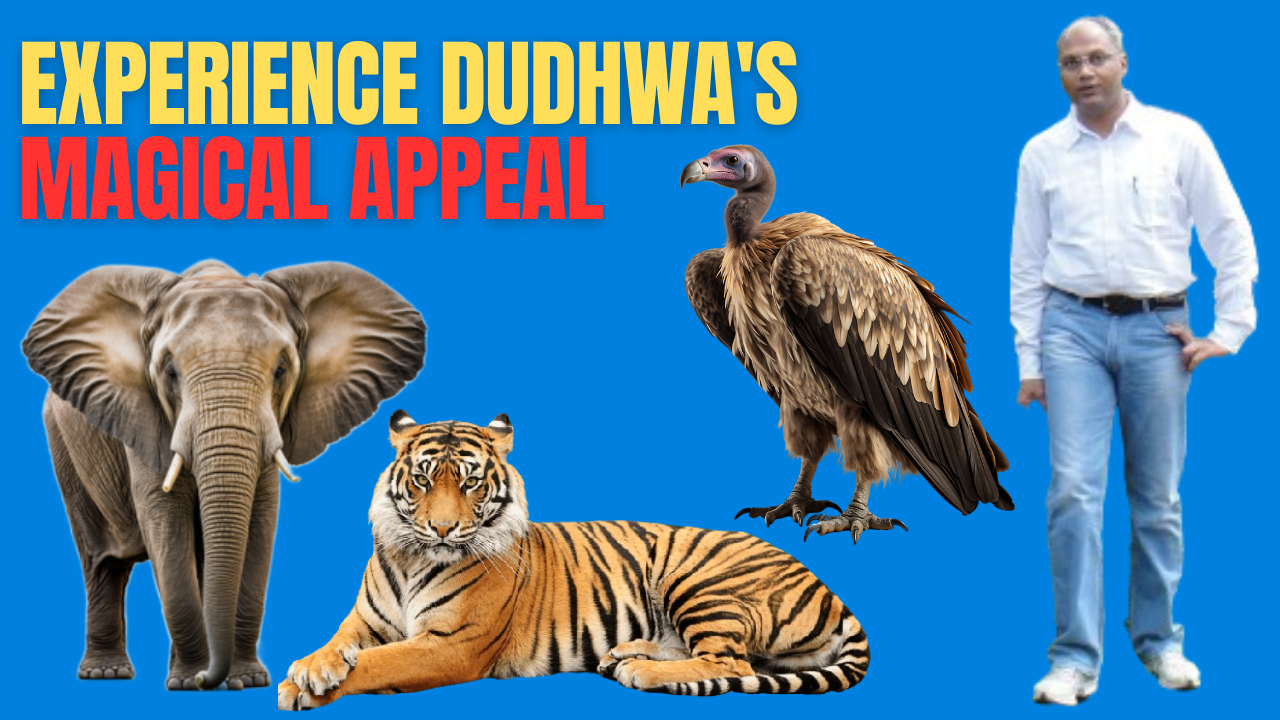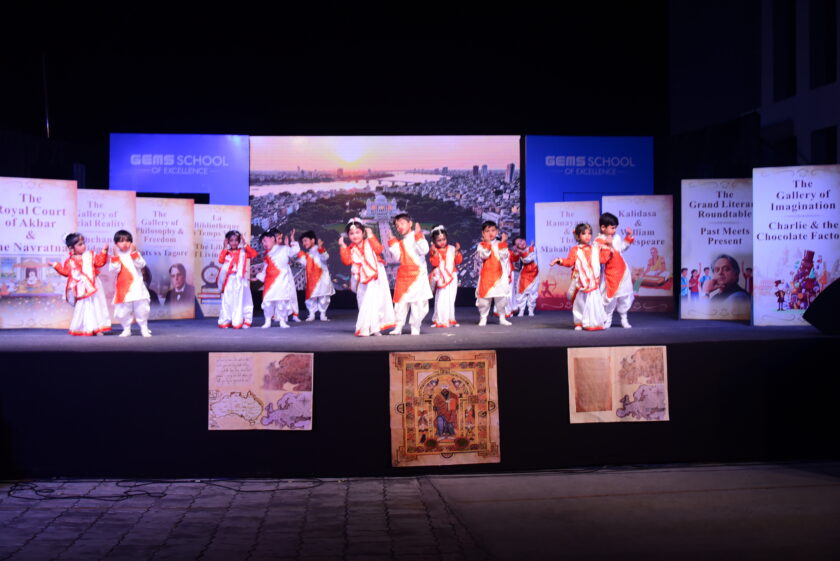Lakhimpur Kheri: In a freewheeling chat, Field Director of Dudhwa Tiger Reserve, Lalit Kumar Verma says that in unprecedented heatwave his team is ensuring water availability for the wild animals, checks on fire incidents and a satisfying experience for all the visitors. EXCERPTS.
In the heat wave, how do you take care of the animals in Dudhwa?
We maintain the water level in almost all the water holes. And this year, we have been able to maintain water availability in around 85% water holes. They are filled with water. And my staff is working really, really hard in this extreme summer to maintain the water level. These are wild animals, not zoo animals, food is not an issue which we need to address. Water is the main problem. We cater to that. The wild animal adapts to its surroundings on its own. We cannot force any behavioral change. Another thing which we have been doing is to control the fire incidences as early as possible. This causes injuries and casualties in animals. So, this year, we have been really effective in managing the fire also. My team is spread out throughout the forest. As soon as a message is received by them, they immediately rush and extinguish it.
Why do you think the vulture population in Dudhwa is a matter of pride for you?
Well, vulture, as you know, is a natural scavenger. So, if we have a good number, they keep the forest clean and then they clear all the dead animals. They feed on them. So, there is less chance of any spread of disease because of rotting carcass. So, naturally, for any wildlife area, for any park, it’s a matter of pride if we have a good vulture population. That’s very encouraging. Although there are many factors, both the park factors and external which contribute to its increase in number. But we are happy that they are residing here and keeping our forest clean.
Would you like to elaborate on the Tharu hut culture in Dudhwa?
Tharu, the tribal people who are staying around forest. These are the fringe villages and they are really backward community. Although there are several government schemes for educating them and making them financially strong, still a lot needs to be done to uplift them. It also has a tourism prospect too. As of now, we have not explored that possibility. But naturally, over the years, it can be developed as a potentially unique tourism exploration.
So, what is the response like for the helicopter service that was proposed in Dudhwa?
It is yet to start. But the people here are really very excited. We are hoping that we will get good numbers. And the numbers would comprise of well of people coming here. Thereby boosting the economy of this area.
In mid-2023, Dudhwa ranked fourth in terms of the tiger count. So, how are you seeing the tigers doing now?

The tigers are doing very well. We have a very good sighting of tigress with cubs. And there are both direct and indirect sighting. We are having a good number of cubs population. Here in Dudhwa, they are blooming very well. It is good for the park but it’s a challenge for the department too. These animals tend to move out and then there are unforeseen interactions with the villagers. Some injuries happen. So, that is where we have to be prepared for that. We have to educate the villagers. And intensive monitoring on the periphery of the park will be very crucial for this.
Has solar fencing cut down the growing burden of man-animal conflicts?
Solar fencing and regular fencing both have been very instrumental in reducing the conflict on fringe areas.
As the herbivore population is not moving outside to the field. Normally, these predators follow the herbivores. And that is how they move outside. That is a major cause. Since the herbivores are curtailed inside, so, the predator also does not go outside wherever these fences have been installed. We cannot construct the fencing throughout the park. We cannot keep that park under lock and key.
Some unique features of Dudhwa National Park that you would like to highlight?
There are three very unique features about this landscape besides the animals we are having. One is a beautiful Terai forest. Second is plentiful grasslands for the herbivores. And third is beautiful wetlands we are having. This combination you cannot find anywhere else.
How does Dudhwa play the lead role as an eco-tourism epicenter?
We have been following and developing eco-tourism practices. Good practices have been developed. Although we were slow,l initially, but we are speeding up and treading very cautiously with that. We are doing everything as the rule book says. We are trying to educate the visitors also. We are trying to educate the people who are living in the fringe areas also. We are trying to curtail the plastic which is being generated. It has been reduced quite a lot. We are moving in the direction of sustainable tourism with minimal disturbance to the habitat of the wildlife. That is one good thing we are doing.
Your message to people looking to explore the habitat at Dudhwa?
You are welcome. Photograph. Enjoy the place. Enjoy the forest. And leave it undisturbed. Gather good memories and share your experiences with us.









